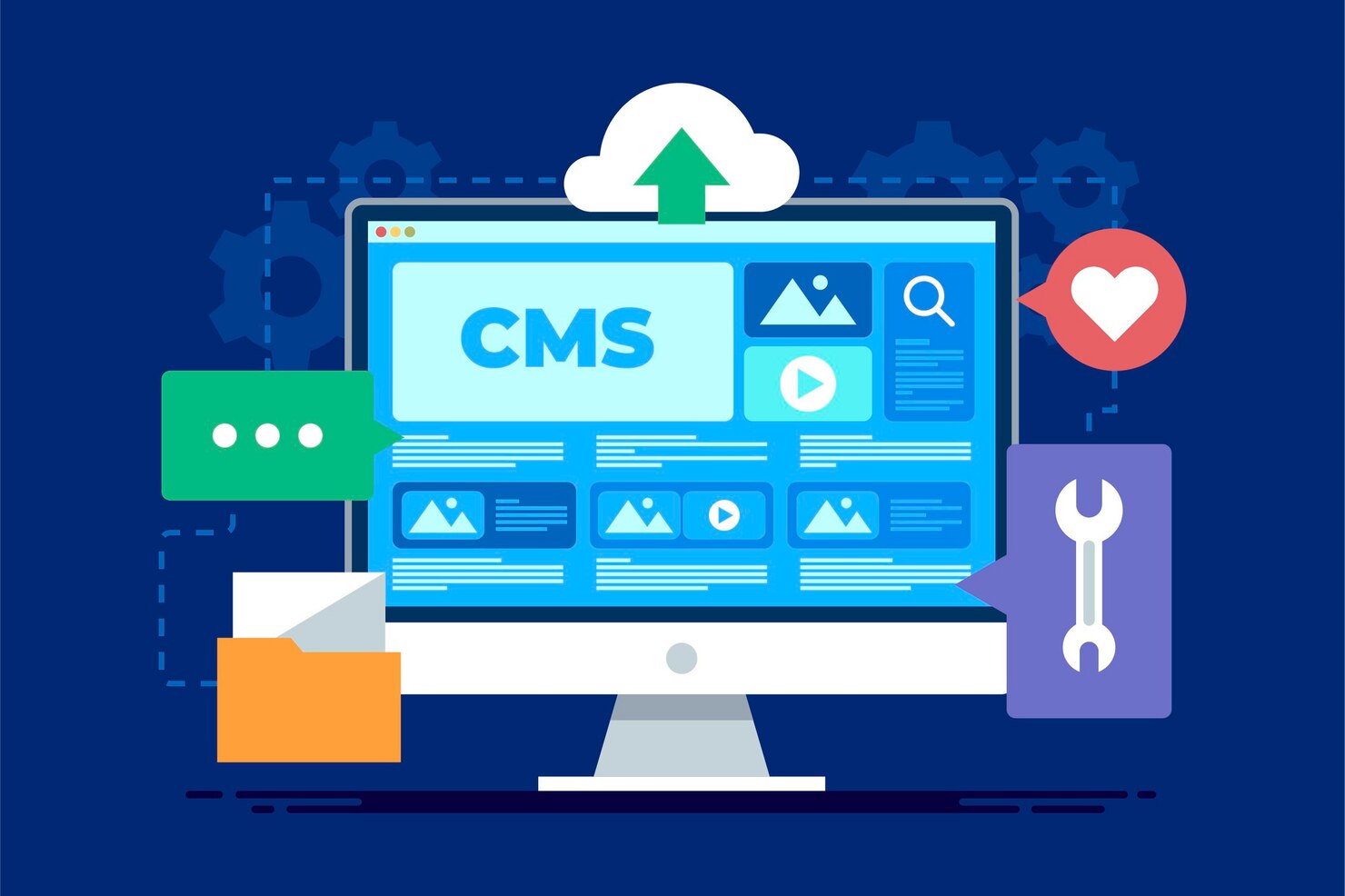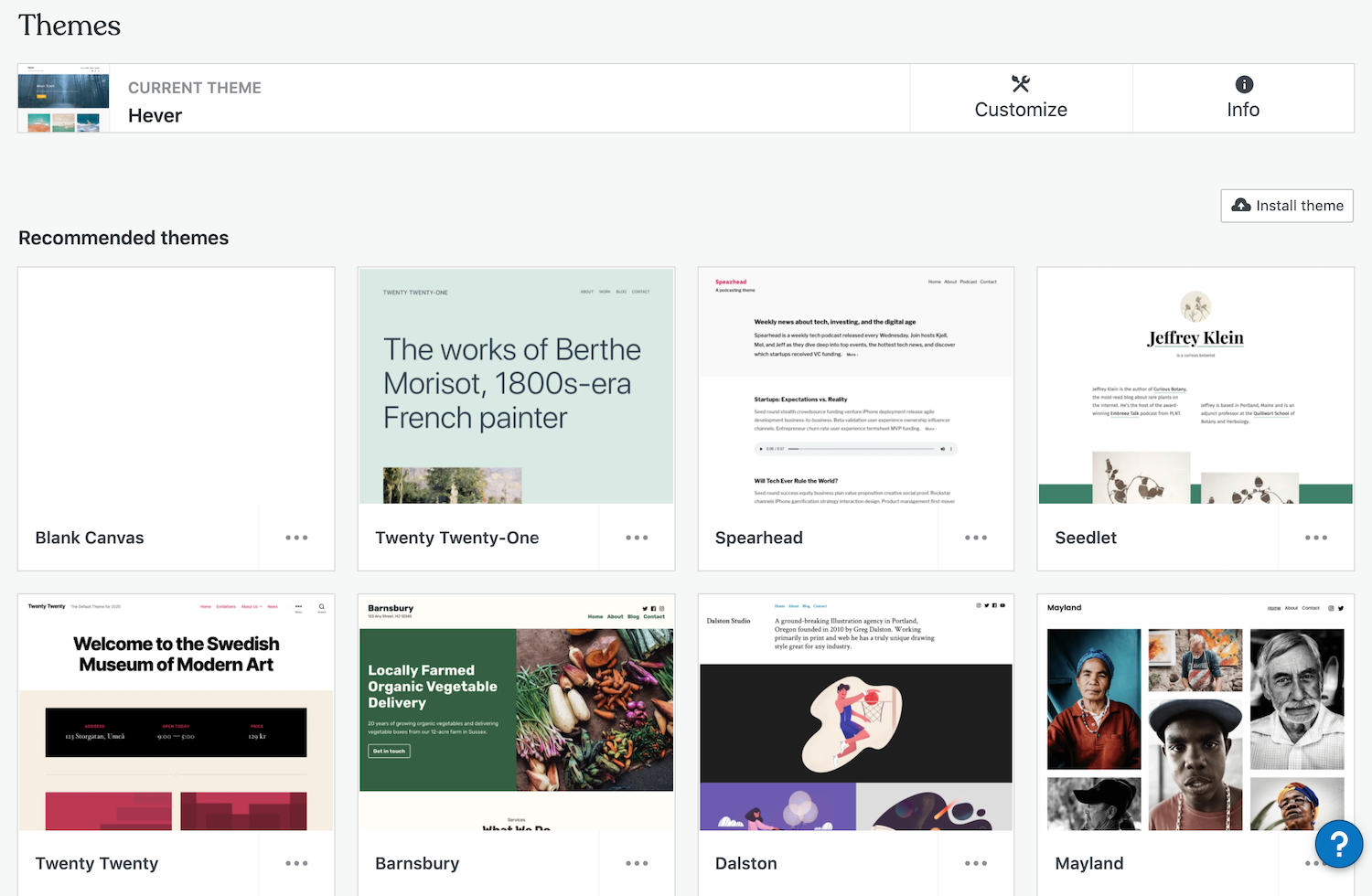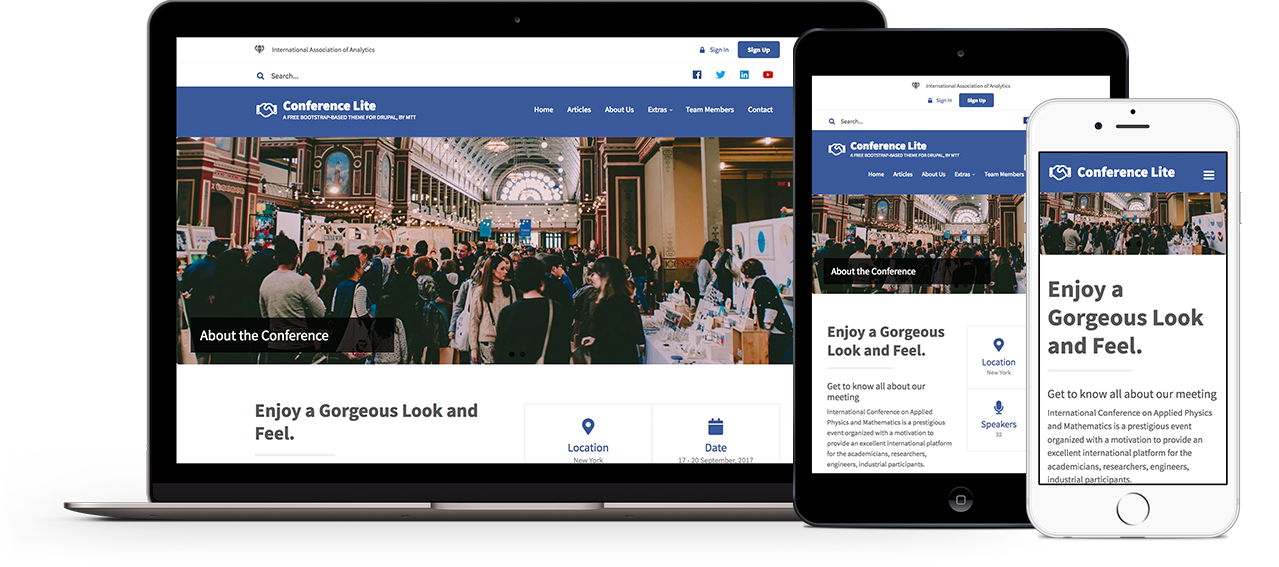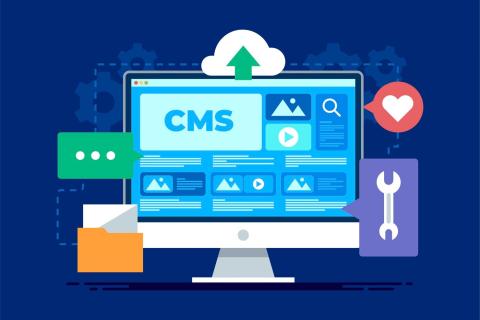
Currently, there are many open-source CMS options that are completely free, such as WordPress, Drupal, Joomla, and others. Below are the characteristics of the most commonly used CMS today.

WordPress
- Focused on the creation of any type of website.
- Pages and articles are generated dynamically as content is published, making updates easy and fast.
- Can be easily integrated with social networks.
- Allows scheduling the publication of articles.
- The structure and visual design of the site depend on a template system independent of the content, offering several customization options depending on the template author.
- Works with PHP and MySQL.
- It is installed locally on your own server.
Examples of websites developed with WordPress:
- People Magazine
- TechCrunch
- Bloomberg Professional
- BBC America
However, due to its popularity, WordPress has certain security vulnerabilities, making it necessary to install and regularly update security plugins to address this issue. Despite this, WordPress remains an excellent choice for projects where content management and SEO are critical due to its user-friendly interface and extensive features.

Drupal
- An open-source content management platform.
- Scalable, modular, and configurable technology that allows publishing articles, images, files, forums, surveys, votes, blogs, and managing users and permissions.
- Offers web services-oriented functionalities and an internal API.
- Free to use.
- Provides a wide range of free, fully customizable themes.
- Supports a multi-user system, allowing different roles and authorization levels for users.
- Content is fully indexed in real time and can be accessed at any moment.
Examples of websites developed with Drupal:
- The White House
- NASA
- Caracol TV
- BurgerKing.es
- Running.es
What sets Drupal apart from other CMS platforms is the continuous support from its developer community, who consistently evaluate the functionality of all modules, the quality of the code, the pages generated, and adherence to web standards.

After reviewing the characteristics and benefits of these CMS platforms, you can choose the most appropriate one for your project. It's important to consider their unique features when developing a web page, designing a mobile app, or building an application.

